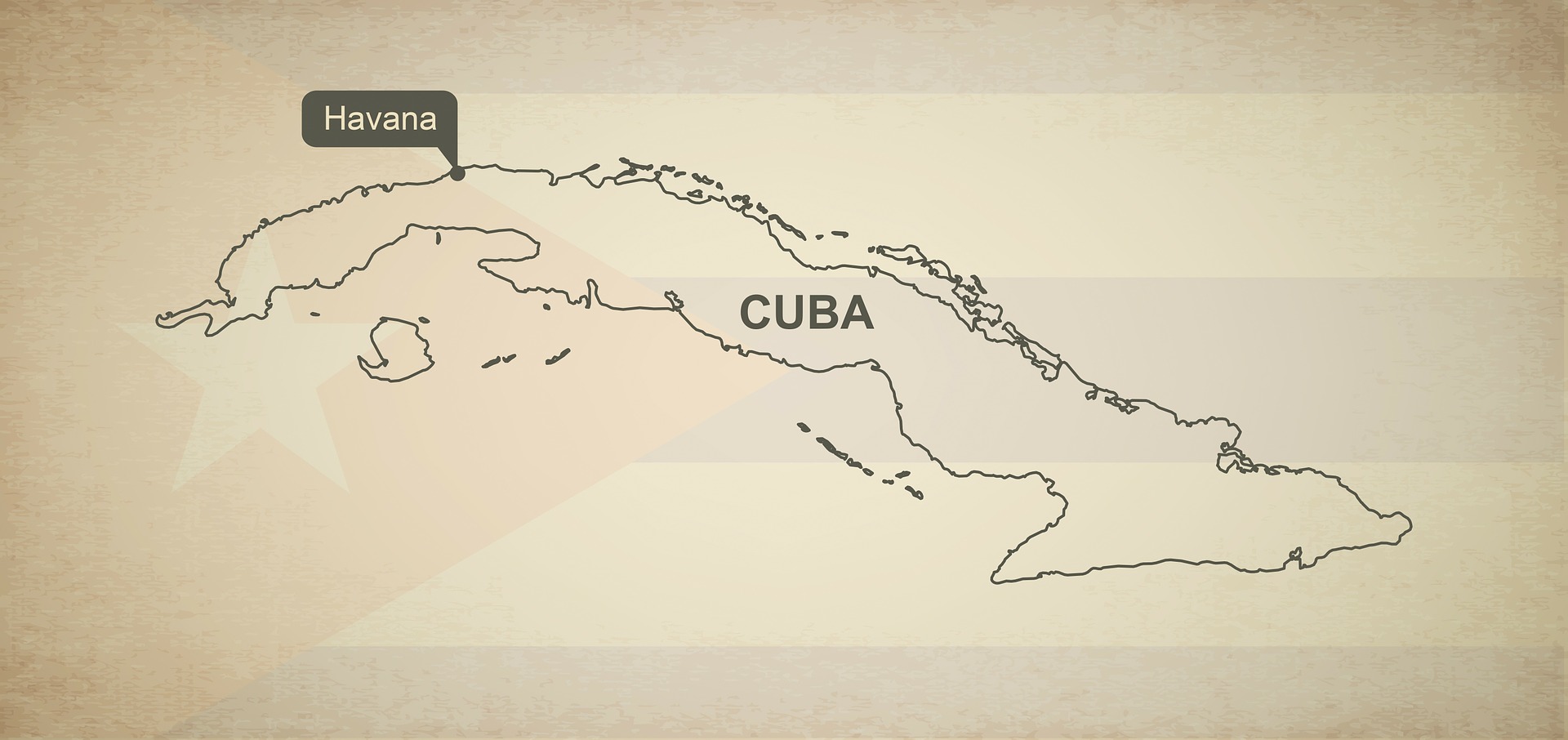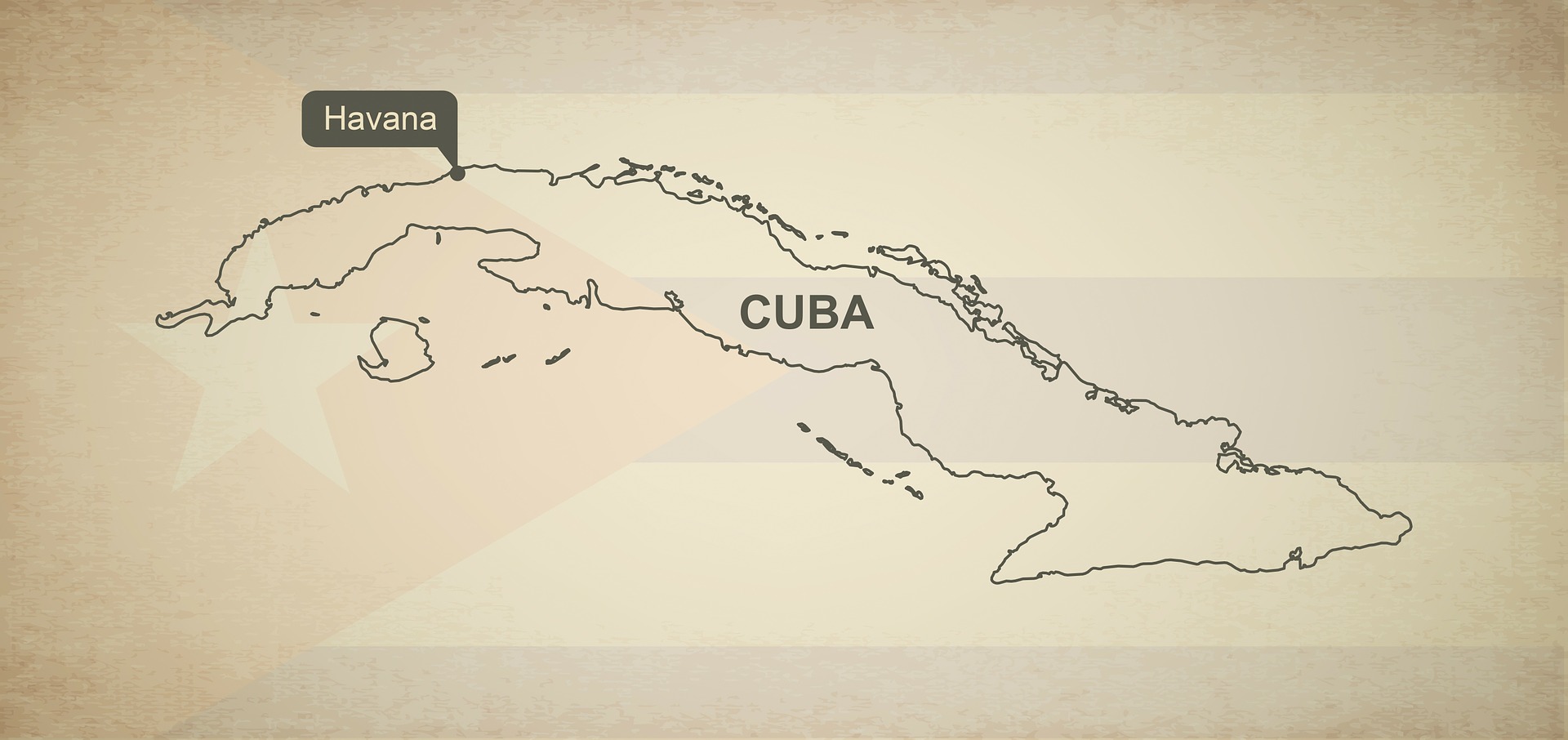In this blog post, we cover the release of the September Visa Bulletin 2022 and what you can expect for employment based and family preference categories during the upcoming month of September.
The Department of State releases the visa bulletin on a monthly basis, which summarizes the availability of immigrant visa numbers for that particular month. The “Final Action Dates” and “Dates for Filing Applications,” charts indicate when immigrant visa applicants should be notified to assemble and submit the required documentation to the National Visa Center.
Adjustment of Status Filing Chart September 2022
For Family-Sponsored Filings:
Pursuant to guidance released by USCIS, for all family-sponsored preference categories, applicants must use the Dates for Filing chart in the Department of State Visa Bulletin for September 2022.
For Employment-Based Preference Filings:
All applicants, falling under employment-based preference categories, must use the Final Action Dates chart in the Department of State Visa Bulletin for September 2022.
September 2022 Visa Bulletin Final Action Cutoff Dates
Employment-Based Categories
FINAL ACTION DATES FOR EMPLOYMENT-BASED PREFERENCE CASES
According to the Department of State’s September 2022 Visa Bulletin, the following Final Action cutoff dates will apply for the issuance of an immigrant visa for employment-based categories:
- EB-1: All countries, including India and China, will remain current.
- EB-2: India remains unchanged at December 1, 2014, and China remains unchanged at April 1, 2019. All other countries will remain current.
- EB-3 Professionals and Skilled Workers: EB-3 India and EB-3 China will remain unchanged from the previous month, at February 15, 2012 and April 22, 2018, respectively. All other countries will remain current.
- EB–3 Other Workers: For this category, the Department of State has established a worldwide cutoff date of May 8, 2019, to avoid exceeding the annual numerical limits. EB-3 India and China will remain unchanged at February 15, 2012 and June 1, 2012, respectively.
- EB-5: The Department of State has taken corrective action by establishing a Final Action cutoff date which has advanced by one month to December 22, 2015, for the EB-5 China Unreserved Non-Regional Center (C5, T5, I5, and R5) categories. EB-5 Final Action dates will remain current for all countries and for all EB-5 “Set-Aside” categories (Rural, High Unemployment, and Infrastructure).
 Visa Lawyer Blog
Visa Lawyer Blog











